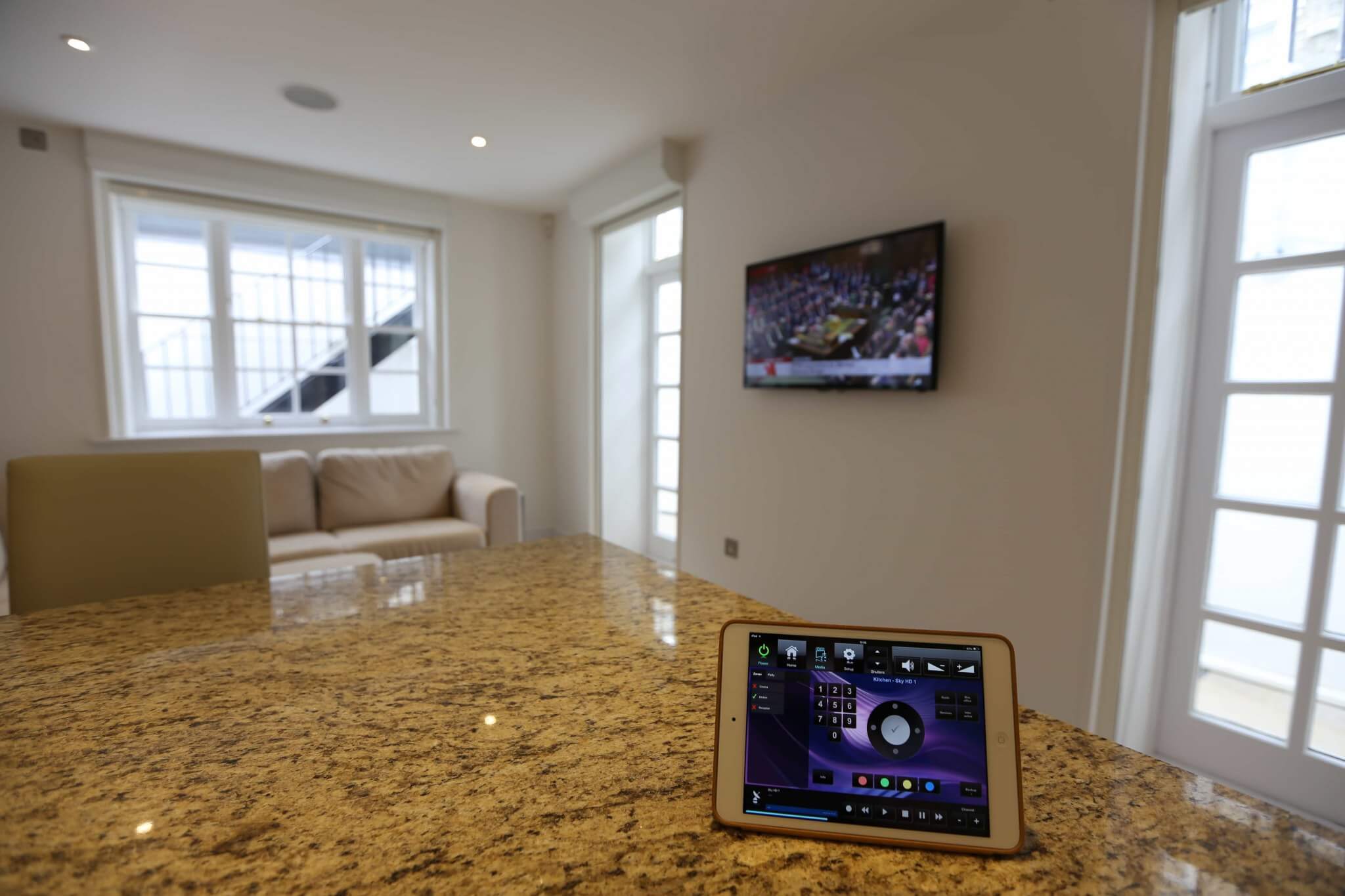What causes false alarms in wireless home security systems?
Troubleshoot Your Wireless Alarm System
Wireless home security systems are becoming more common – even in high end homes due to ease of installation and incredibly long battery life. Wireless can be a great way to expand a pre-installed system – for instance enhancing a home security system by adding in smoke detectors or adding vibration sensors on windows to provide another layer of security.
The problem with installing anything wireless in the home is that every device shares a fairly narrow band of frequencies – wifi and dect phones can share the bandwidth within the home and are subject to a huge amount of interference from outside of the home. In central London, where the majority of our installs are, the airspace is positively over run with devices – it is not unusual to find upwards of 20 wifi networks all competing for space and trying to distinguish themselves from each other.
Unfortunately with wireless technologies you can only guarantee a system for the moment you commission it – factors outside of the installers control can produce issues. For instance we have sites where wifi has worked perfectly for a number of years until a new neighbour moves in and installs a new wifi network. If their network is badly configured (or a new cutting edge wifi network) wifi coverage in the home can suffer. The same principal applies to wireless home security systems – a system working for years can be swamped by some outside factor. It is important to remember that the drive for long battery life means the small vibration sensor on your window which is running off an AA battery can only emit a low power signal meaning it is easily swamped by mains powered devices.
This heart beat is very important to a security system and can easily be disrupted causing a huge amount of issues – false alarm triggering, refusal to set, zones going off line etc. There really is no substitute for a hard wired system.





